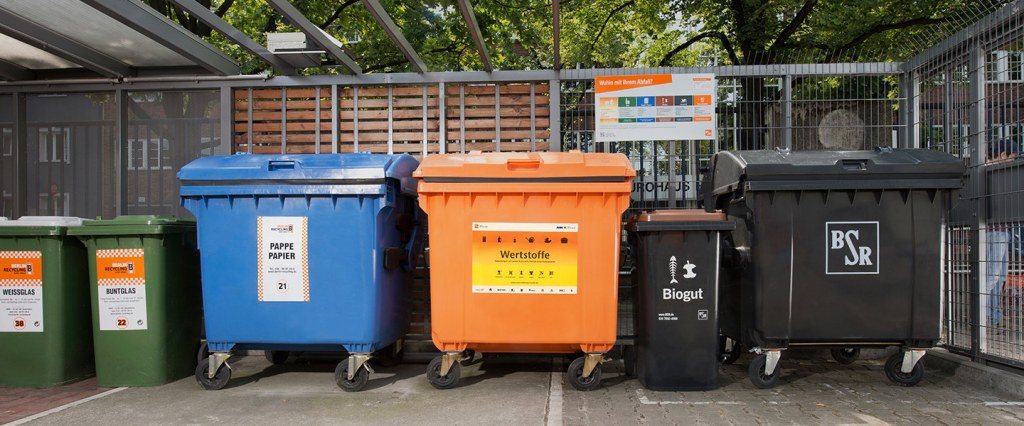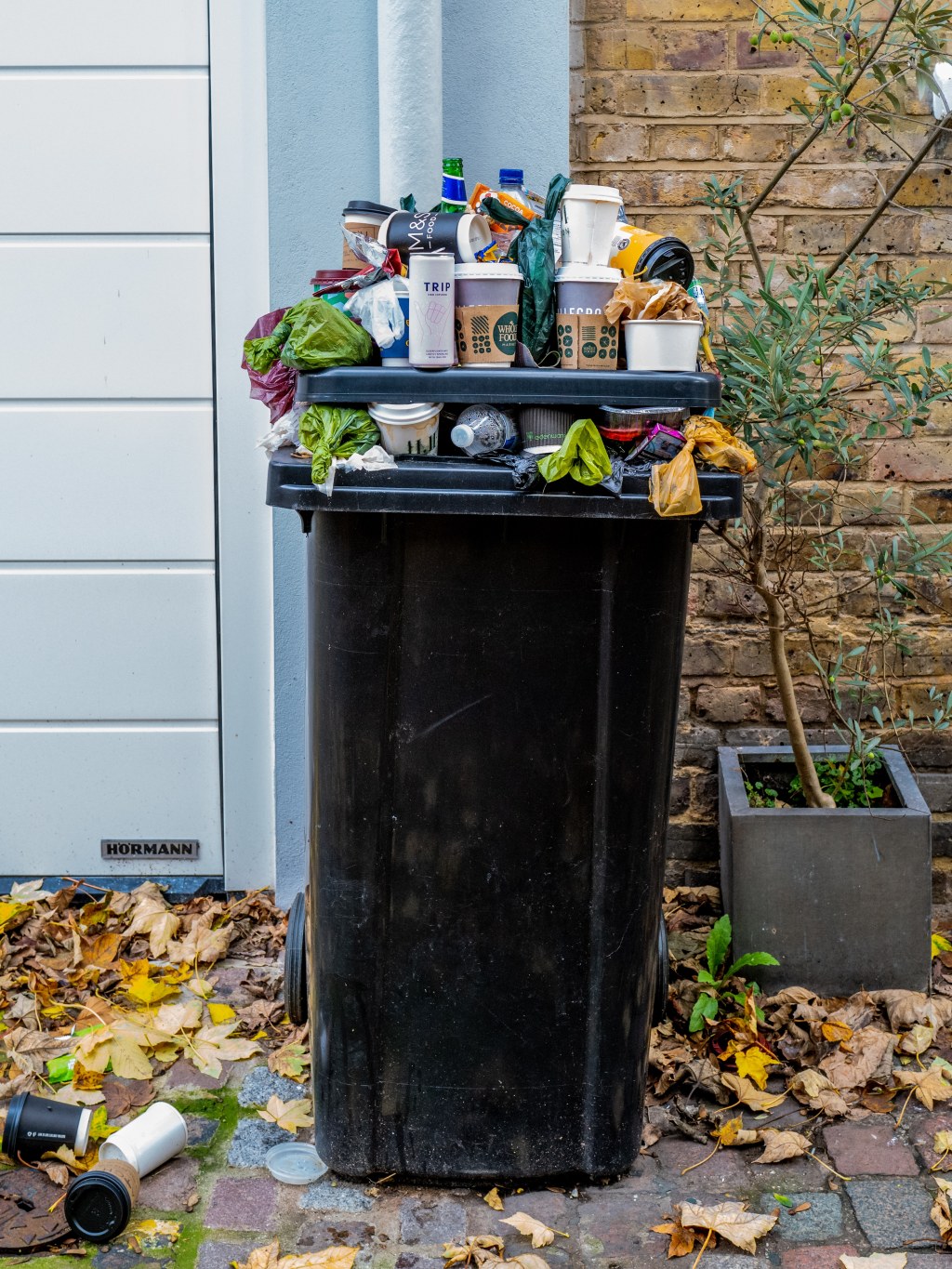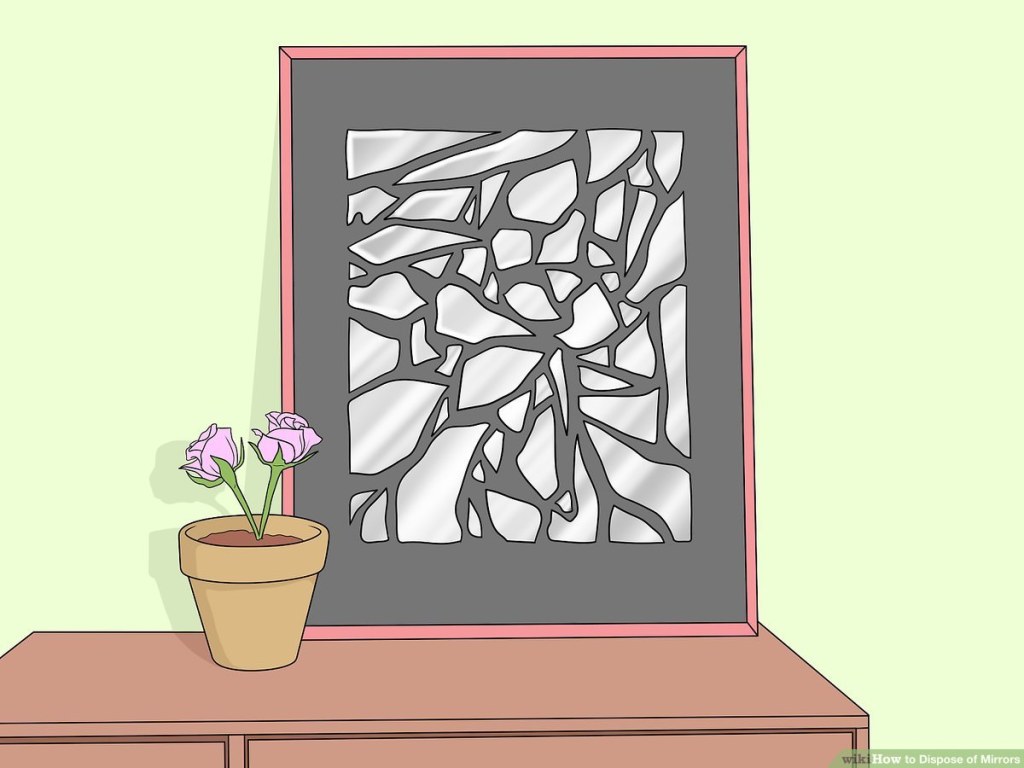Revolutionize Waste Management With Mirror Disposal: Your Ultimate Click To Action Solution!
Waste Management Mirror Disposal: A Sustainable Solution for the Environment
Greetings, Readers! Today, we are going to explore the topic of waste management mirror disposal. Mirrors are commonly used in households, offices, and various industries. However, when it comes to disposing of them, it is crucial to follow sustainable practices to minimize the negative impact on the environment. In this article, we will delve into the what, who, when, where, why, and how of waste management mirror disposal, as well as its advantages and disadvantages. Let’s get started!
What is Waste Management Mirror Disposal?
3 Picture Gallery: Revolutionize Waste Management With Mirror Disposal: Your Ultimate Click To Action Solution!



Waste management mirror disposal refers to the proper and eco-friendly handling of mirrors that are no longer in use or have been damaged. It involves recycling, repurposing, or disposing of mirrors in a way that minimizes their impact on the environment.
Mirror Recycling

Image Source: www.bsr.de
One of the most common methods of waste management mirror disposal is recycling. Mirrors are made of glass, which can be recycled to create new products such as glass tiles, glass countertops, or even new mirrors. Recycling not only reduces the amount of waste sent to landfills but also conserves resources.
Repurposing Mirrors
Another sustainable option for mirror disposal is repurposing. Mirrors can be repurposed into decorative items, such as framed art pieces or unique furniture pieces. By repurposing mirrors, we can give them a new life and reduce the need for new mirror production.
Proper Disposal

Image Source: ecosistant.eu
If recycling or repurposing is not possible, it is essential to dispose of mirrors properly. This involves following local regulations for hazardous waste disposal and ensuring that mirrors are not mixed with regular waste. Proper disposal prevents harm to the environment and human health.
Who is Responsible for Waste Management Mirror Disposal?
The responsibility for waste management mirror disposal lies with individuals, businesses, and relevant waste management authorities. As mirror users, we should take the initiative to dispose of mirrors responsibly. Businesses that sell or manufacture mirrors should also promote sustainable disposal practices among their customers. Waste management authorities play a crucial role in providing guidelines, facilities, and education on proper mirror disposal.
When and Where Should Mirrors be Disposed of?

Image Source: wikihow.com
Mirrors should be disposed of when they are no longer usable or have been damaged beyond repair. It is important to dispose of them as soon as possible to prevent accidents or injuries. When it comes to the location of disposal, it depends on the options available in your area. Check with local recycling centers, waste management facilities, or hazardous waste collection sites for proper mirror disposal.
Why is Proper Waste Management Mirror Disposal Important?
Proper waste management mirror disposal is essential for several reasons. First and foremost, it helps protect the environment. Mirrors contain materials that can be harmful if not handled correctly. By disposing of them properly, we prevent the release of toxic substances into the environment.
Secondly, sustainable mirror disposal reduces the amount of waste that ends up in landfills. Landfills are already overflowing with waste, and by recycling or repurposing mirrors, we can conserve valuable landfill space.
Furthermore, responsible mirror disposal sets a good example for future generations. By teaching them the importance of sustainable practices, we instill a sense of environmental responsibility that can help create a cleaner and healthier planet.
How Can You Dispose of Mirrors Sustainably?
When it comes to sustainable mirror disposal, there are several steps you can take:
1. Check for Recycling Options
Contact local recycling centers or waste management authorities to inquire about mirror recycling programs in your area. They can provide guidance on how to properly prepare and recycle mirrors.
2. Explore Repurposing Ideas
Before disposing of a mirror, consider repurposing it into a decorative item or donating it to someone who can use it. Get creative and find new ways to give your mirror a second life.
3. Follow Hazardous Waste Disposal Guidelines
If recycling or repurposing is not possible, follow local hazardous waste disposal guidelines. These guidelines ensure that mirrors are disposed of safely and in compliance with environmental regulations.
4. Handle Mirrors with Care
When disposing of mirrors, handle them with care to prevent accidents and injuries. Use protective gloves and wrap the mirror in newspaper or bubble wrap to avoid breakage.
5. Educate Others
Spread awareness about sustainable mirror disposal practices among your friends, family, and community. By sharing your knowledge, you can inspire others to take responsible actions.
Advantages and Disadvantages of Waste Management Mirror Disposal
Advantages
1. Environmental Protection: Proper disposal of mirrors prevents the release of harmful substances into the environment, protecting ecosystems and human health.
2. Resource Conservation: Recycling or repurposing mirrors reduces the need for new mirror production, conserving resources like glass and energy.
3. Waste Reduction: Sustainable mirror disposal minimizes the amount of waste sent to landfills, preserving valuable landfill space.
Disadvantages
1. Limited Recycling Options: Not all areas have accessible mirror recycling programs, making it challenging to dispose of mirrors sustainably.
2. Fragility: Mirrors are fragile and can break easily, posing a risk of injury during handling and disposal.
3. Cost: Depending on the disposal method chosen, there may be associated costs for recycling or hazardous waste disposal.
Frequently Asked Questions (FAQ)
1. Can I recycle a mirror with a broken frame?
Yes, you can still recycle a mirror with a broken frame. Remove the frame and take the mirror to a recycling center that accepts glass.
2. Are all mirrors recyclable?
No, not all mirrors are recyclable. Mirrors with special coatings or backing may not be accepted for recycling. Check with your local recycling center for specific guidelines.
3. Can I donate a mirror instead of disposing of it?
Yes, if your mirror is in good condition, consider donating it to local charities, thrift stores, or community centers. Someone else may find it useful.
4. What should I do if there are no mirror recycling options in my area?
If mirror recycling is not available in your area, contact nearby recycling centers or waste management authorities to see if they have alternative solutions or recommendations.
5. Are there any DIY projects I can do with old mirrors?
Absolutely! Old mirrors can be repurposed into various DIY projects, such as creating mosaic art, decorative trays, or even framing new mirrors. Get creative and let your imagination guide you.
Conclusion
In conclusion, waste management mirror disposal plays a crucial role in ensuring a sustainable future. By recycling, repurposing, or properly disposing of mirrors, we protect the environment, conserve resources, and reduce waste. Remember to check for recycling options, handle mirrors with care, and spread awareness about sustainable practices. Together, we can make a positive impact on the environment and create a cleaner world for future generations.
Thank you for joining us on this journey towards sustainable waste management mirror disposal!
Final Remarks
Disclaimer: The information provided in this article is for educational purposes only. The methods and guidelines mentioned may vary depending on your location and local regulations. Always consult with your local recycling centers or waste management authorities for the most accurate and up-to-date information regarding waste management mirror disposal.
This post topic: Mirror



